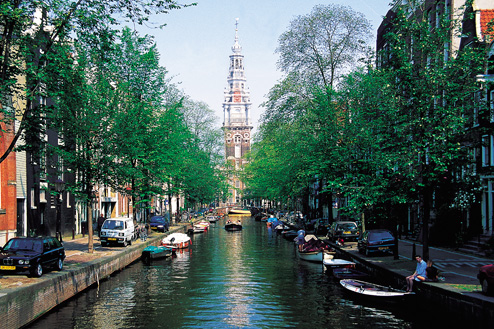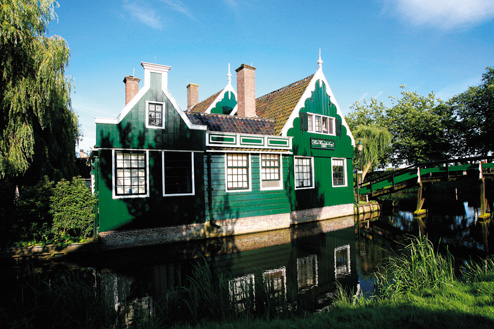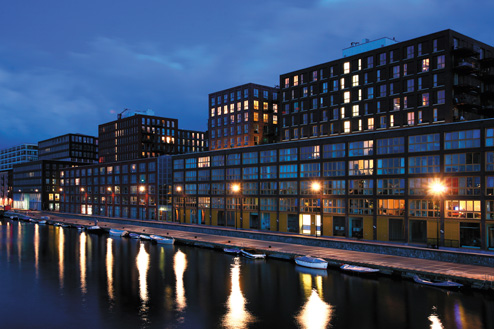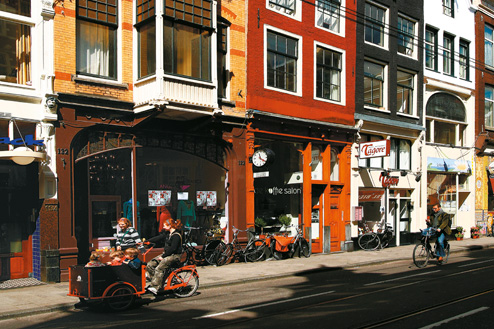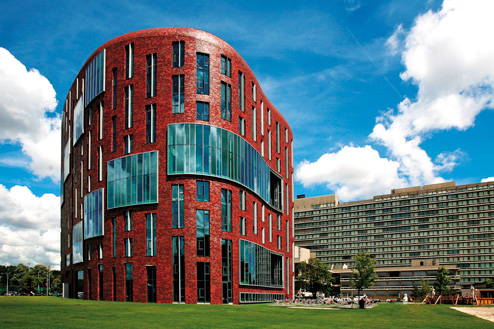Taxation
Being a social democratic country the Netherlands has a lot of taxes, as you will find out when you get your first paycheck! How much income tax you pay is dependent on which salary bracket you are in but expect to pay a minimum of 33% to the taxman. There is a goods and services tax in the Netherlands and it is usually 19%; you will see it on your receipts as BTW. If you own your own company you will be able to claim the BTW back from the Belastingdienst (tax office) for any work related items, so hold onto those receipts. If you buy a home in the Netherlands you will also have to pay certain taxes to your local council, which do not vary from area to area. Use this site to find contact information for your area: http://amsterdam.nl/gemeente/stadsdelen; the information is in Dutch but the phone numbers are clearly visible. You can expect to pay property tax on the value of your house as well as waste disposal tax, water tax and energy tax. You will receive a combi-anslag (combined bill) for these taxes once a year – don’t be surprised if the costs run into the thousands. If you are concerned about the costs or think there is a mistake you will have to contact your local municipality. You are expected to file the previous year’s tax return by the end of April – you can always contact the tax office for advice but if you are uncertain about how to proceed it’s a good idea to consult an accountant either to handle your taxes for you or to teach you how to file the returns yourself. Remember to check if you’re eligible for the 30% ruling, which entitles you to a 30% tax-free allowance from your employer. To find out if you can make use of this scheme you will have to file an application jointly with your employer at the Tax Office for Non-Residents in Heerlen. If you're not in Holland long enough to file your tax forms you can do this from abroad; you can contact the Belastindienst for details, but you'll have to have a Dutch bank account to receive any rebates.

